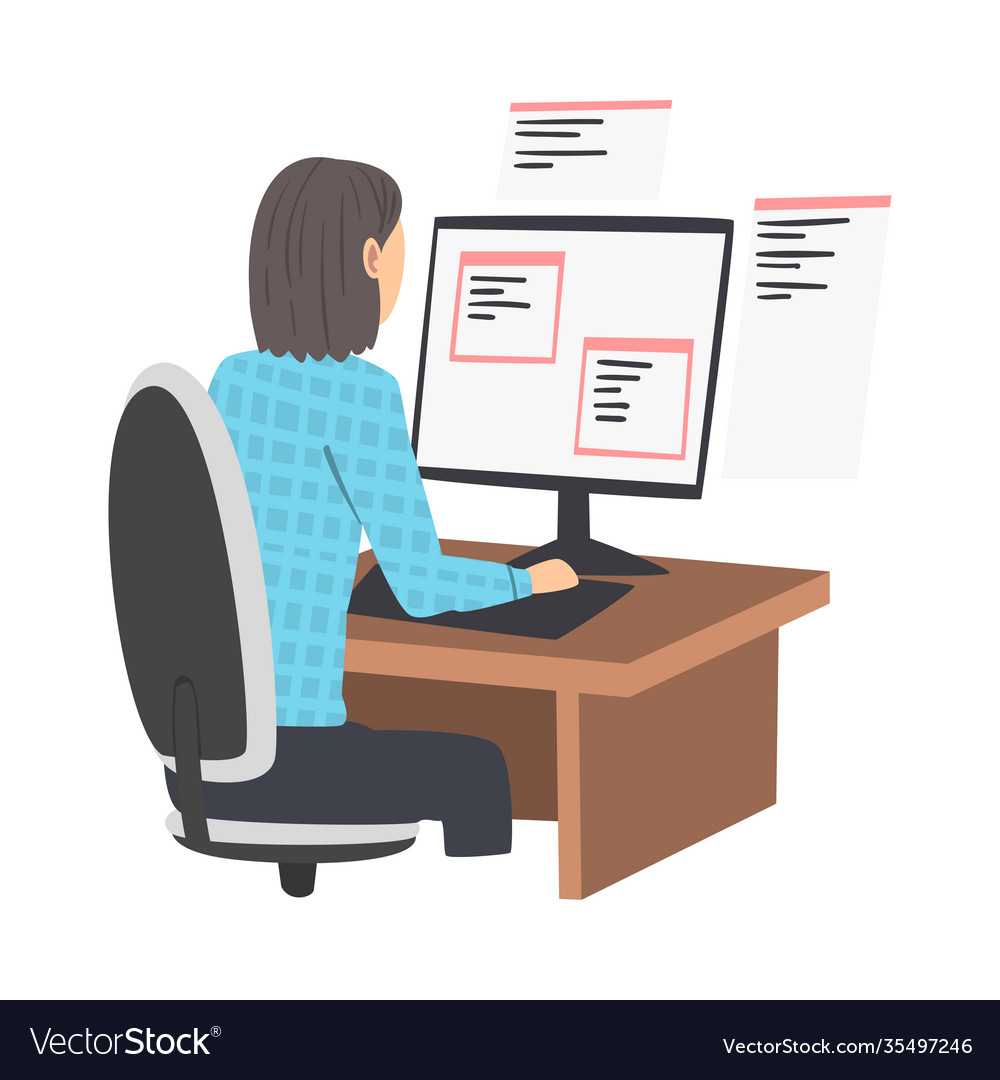Hire Dedicated Developers to Accelerate Your Software Development Timeline
Hire Dedicated Developers to Accelerate Your Software Development Timeline
Blog Article
Committed Developers vs. In-House Teams: Which Is Right for You?
The choice in between utilizing devoted developers and keeping an in-house group is a significant one that can influence the trajectory of your tasks and general service method. Committed programmers give a level of flexibility and specialized knowledge that can be beneficial for details, short-term efforts. On the other hand, in-house groups add to a natural firm culture and a nuanced understanding of lasting goals. By examining crucial variables such as spending plan, task range, and preferred control, you can much better figure out which technique aligns with your business requirements. Nevertheless, the implications of this option extend past prompt results-- consider the wider effect on your business landscape.
Understanding Devoted Designers
The growing demand for specialized skills in the technology industry has caused the emergence of specialized designers as a practical solution for many companies. These professionals are commonly gotten on a job basis, permitting business to utilize details competence without the lasting dedication related to permanent hires. Dedicated programmers are typically embedded within a client's group, supplying flexibility and scalability to satisfy project requirements.
This model enables organizations to access a global skill swimming pool, which is particularly helpful in a quickly advancing technical landscape. Committed developers can be sourced from different geographical locations, making sure that business can locate the right ability set at competitive rates. They usually bring a wide range of experience and expertise, having actually worked on varied projects across different markets.
Additionally, dedicated programmers can focus exclusively on the tasks available, enhancing productivity and effectiveness. They are furnished to integrate flawlessly into existing process, working together closely with in-house groups to achieve task goals. This approach not only decreases the concern of employment and training however additionally permits organizations to stay active, adapting rapidly to altering market needs and technological developments.
Advantages of In-House Teams

Furthermore, in-house groups tend to have a much deeper understanding of the company's objective, values, and goals. This positioning can enhance worker engagement and motivation, as team members really feel much more linked to their work and the company's success. Additionally, having a committed in-house team permits far better alignment of techniques and purposes, as these members are constantly focused on the business's concerns.
Internal teams likewise assist in quicker decision-making processes, as they can react a lot more rapidly to difficulties and adjustments. The recognized connections and experience with firm methods allow for structured workflows and minimized miscommunication. Inevitably, the mix of a natural culture, placement with business objectives, and effective communication makes in-house teams an important asset for several organizations, particularly those looking to grow lasting development and innovation.
Expense Factors To Consider
When reviewing price considerations, both dedicated developers and internal groups present distinctive economic implications for companies. Engaging specialized developers normally entails a pay-per-project or per hour rate version, which can be affordable for organizations with rising and fall job needs. This technique permits versatility in scaling sources up or down, making sure that companies only spend for the solutions they require.
On the other hand, internal groups require fixed expenses, including incomes, advantages, and overhead costs such as office and tools. While this model supplies greater control and instant schedule of resources, it may bring about higher long-lasting costs, particularly if the work does not justify a full-time personnel.
Moreover, companies need to take into consideration the concealed expenses related to employment and training of in-house employees, which can better strain budgets. In some instances, the time and sources invested in taking care of an internal team can take away from the company's core organization purposes.

Project Administration and Flexibility
Project administration and adaptability are essential variables that influence the selection in between in-house teams and committed programmers. Devoted developers usually provide a high degree of adaptability, enabling companies to scale resources up or down based upon project demands. This dexterity can be particularly useful for organizations experiencing fluctuating workloads or those seeking to innovate quickly. Committed teams usually have actually established processes for handling jobs effectively, leveraging details techniques like Agile or Scrum, which assist in repetitive progress and flexibility.

Ultimately, the selection between internal teams and specialized programmers rests on the desired degree of versatility and the details task monitoring requirements. Firms have to assess their operational characteristics, job complexity, and resource availability to identify which option aligns best with their calculated objectives.
Making the Right Choice
Choosing the view appropriate growth strategy-- internal teams or devoted developers-- needs a careful assessment of various aspects that align with a firm's calculated goals. software development staff augmentation. Take into consideration the nature of the job. If it demands specialized abilities or a fast scale-up, committed programmers may be better. On the other hand, in-house groups can supply far better connection and combination with existing employees.
Following, examine your spending plan. Dedicated designers often present an economical service for temporary jobs, while in-house groups may sustain higher lasting expenses due to wages, benefits, and overhead costs. Analyze the level of control and cooperation wanted; internal groups normally foster stronger interaction and alignment with firm culture.
If instant outcomes are needed, devoted designers can be onboarded rapidly, whereas building an internal team takes time for employment and training. If continuous growth is vital, spending in an internal group may yield much better returns over time.
Conclusion
To conclude, the decision in between in-house groups and dedicated programmers rests on job demands and organizational purposes. Dedicated designers supply versatility and specialized competence, making check out here them suitable for temporary initiatives. Alternatively, in-house teams cultivate a cohesive culture and deeper positioning with long-term objectives. Cautious evaluation of budget plan restrictions, job timelines, and desired control levels is vital for determining one of the most ideal technique, making sure alignment with strategic concerns and functional effectiveness.
The decision in between using committed developers and maintaining an in-house group is a substantial one that can impact the trajectory get more of your projects and overall organization technique.Project administration and versatility are crucial aspects that influence the selection between in-house teams and devoted developers. offshore software development.In comparison, in-house teams might stand out in preserving a regular task management structure due to their familiarity with the organization's culture and long-term goals. Committed developers commonly provide an affordable service for temporary tasks, while internal groups might incur higher lasting expenses due to salaries, advantages, and expenses expenses.In final thought, the choice in between committed designers and internal groups hinges on task needs and organizational goals
Report this page